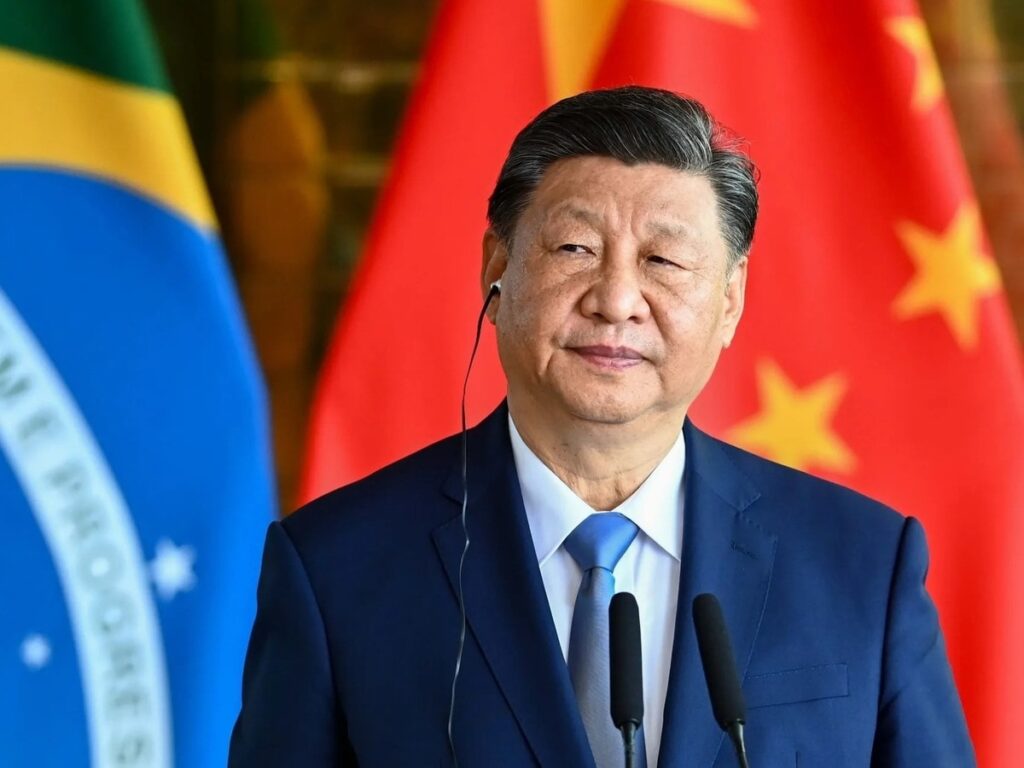Introduction
India’s electric vehicle (EV) industry is witnessing rapid growth, driven by government initiatives and a pressing demand for sustainable transportation solutions. However, this burgeoning sector is now encountering significant challenges, particularly a looming supply chain crisis. This is primarily attributed to the shortage of essential components necessary for the manufacturing of electric vehicles, which threatens to hinder the industry’s progress.
Current State of the Electric Vehicle Industry in India
The Indian government has set ambitious targets for electric vehicle adoption, aiming for 30% of all vehicles to be electric by 2030. Various policies and incentives have been introduced to boost manufacturing, reduce costs, and encourage consumers to transition to electric vehicles. Major automotive manufacturers are investing heavily in EV technology, but a stable supply chain is crucial for sustained growth.
Supply Chain Challenges
The main components that are facing shortages in the electric vehicle supply chain include:
- Batteries: Lithium-ion batteries are at the core of electric vehicles, and their production is heavily reliant on raw materials like lithium, cobalt, and nickel.
- Microchips: Recent global chip shortages have disrupted automotive manufacturing, impacting both traditional and EV production lines.
- Charging Infrastructure: The development of effective charging stations remains critical, but many are delayed due to supply chain disruptions.
Impact on the Industry
The component shortfall has led to various implications for the electric vehicle landscape in India:
| Impact | Description |
|---|---|
| Production Delays | Manufacturers are unable to meet production targets, leading to longer wait times for consumers. |
| Increased Costs | Shortages lead to higher prices for components, which can be passed on to consumers, making EVs less accessible. |
| Investor Confidence | Ongoing issues may deter potential investors, impacting funding for innovative projects. |
Potential Solutions and Future Outlook
To mitigate these challenges, several approaches can be undertaken:
- Local Sourcing: Encouraging domestic production of key components can reduce reliance on international suppliers.
- Investment in Research: Fostering R&D for alternative materials could enhance component availability and sustainability.
- Policy Revisions: Government policies may need adjustments to accelerate infrastructure development and supply chain integration.
Conclusion
The Indian electric vehicle industry stands at a critical juncture, with the potential for significant growth hindered by supply chain crises. Addressing these challenges through local sourcing, research investments, and revised policies will be essential for realizing the vision of a sustainable and robust electric vehicle market in India. By overcoming these hurdles, the nation can pave the way for a greener transportation future.
